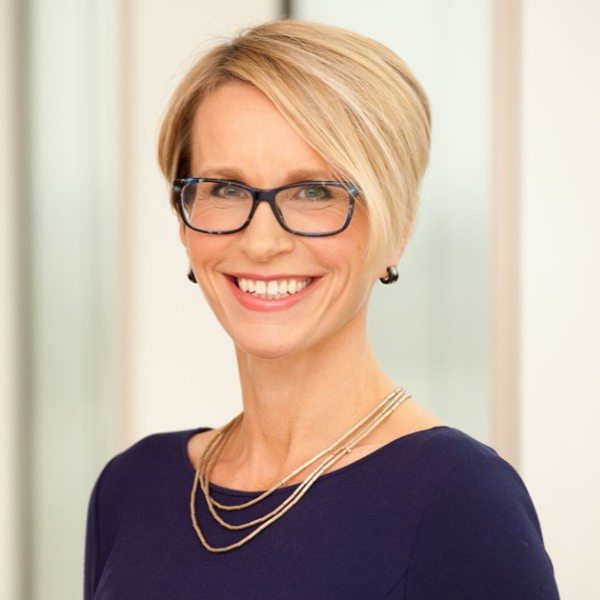GSK is presenting its case for broader use of its RSV vaccine with new data from a pair of studies in younger adults with underlying medical conditions and who are immunocompromised.
The data come as the CDC’s Advisory Committee on Immunization Practices is set to discuss RSV vaccines for adults at a meeting Thursday. There’s also an intensifying spotlight on overall RSV vaccine sales, with uptake numbers lagging compared to last year.
The ACIP meeting will cover Phase 2b data in immunocompromised adults aged 18 and older. GSK said Thursday that those who got a second dose of Arexvy had immune responses similar to healthy adults aged 50 and older who received one dose. Responses were also consistent across both RSV-A and RSV-B subtypes. The 131 younger adults had a weakened immune system due to a kidney or lung transplant.
The UK pharma also unveiled data from a Phase 3b trial, which shows a single dose of Arexvy produced a “robust” immune response in 395 adults aged 18 to 49 at higher risk of RSV lower respiratory tract disease because of various medical conditions. The response was non-inferior to that seen in adults aged 60 and older.
 Emma Walmsley
Emma WalmsleyIn July, CEO Emma Walmsley reiterated the company’s long-term target of “more than £3 billion in Arexvy peak year sales.” But overall RSV vaccine sales have not performed as expected compared to last year, with just 900,000 prescriptions issued by the start of October compared with 1.5 million at the same time last year, according to Wall Street analysts.
Arexvy won FDA approval in May 2023 for adults aged 60 and older. But the vaccine hit an uptake roadblock in June, when ACIP declined to recommend it for people aged 50 to 59 despite a label expansion to this group.
GSK will present full data from both trials with younger adults at upcoming medical meetings and share them with the FDA and other regulators with an eye to label expansion.
Arexvy has around 60% share in the retail market and made £1.2 billion ($1.6 billion) last year in what the company described as an “exceptional launch.” The remaining 40% of the market is mostly for Pfizer’s Abrysvo, which is the only one of the three vaccines recommended for use in pregnant women.
Moderna’s mResvia, meanwhile, was the latest to market and has the smallest market slice, but could grow next RSV season once the company secures contracting, Jefferies analysts said earlier this month. All three vaccines will be discussed at the ACIP meeting.